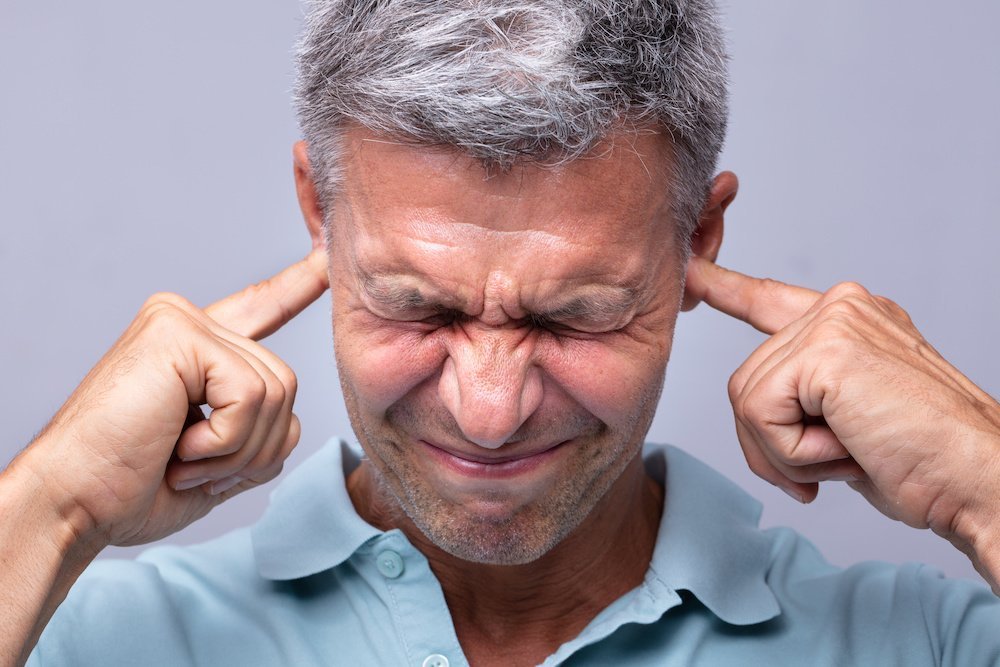Ringing sensation in ear
Causes
Sometimes, tinnitus is a sign of high blood pressure, an allergy, or anemia. In rare cases, tinnitus is a sign of a serious problem such as a tumor or aneurysm. Other risk factors for tinnitus include temporomandibular joint disorder (TMJ), diabetes, thyroid problems, obesity, and head injury.
Symptoms
Tinnitus is often called “ringing in the ears.” It may also sound like blowing, roaring, buzzing, hissing, humming, whistling, or sizzling. The noises heard can be soft or loud. The person may even think they’re hearing air escaping, water running, the inside of a seashell, or musical notes.
Precautions
Over time, exposure to loud sounds can damage the nerves in the ears, causing hearing loss and tinnitus. Try to limit your exposure to loud sounds. And if you cannot avoid loud sounds, use ear protection to help protect your hearing.
Investigations
Tinnitus is when you experience ringing or other noises in one or both of your ears. The noise you hear when you have tinnitus isn’t caused by an external sound, and other people usually can’t hear it. Tinnitus is a common problem. It affects about 15% to 20% of people, and is especially common in older adults
Treatment
Fans, humidifiers, dehumidifiers and air conditioners in the bedroom also produce white noise and may help make tinnitus less noticeable at night. Masking devices. Worn in the ear and similar to hearing aids, these devices produce a continuous, low-level white noise that suppresses tinnitus symptoms.
Complication
Tinnitus is the medical term for “hearing” noises in your ears. It occurs when there is no outside source of the sounds. Tinnitus is often called “ringing in the ears.” It may also sound like blowing, roaring, buzzing, hissing, humming, whistling, or sizzling. The noises heard can be soft or loud.

